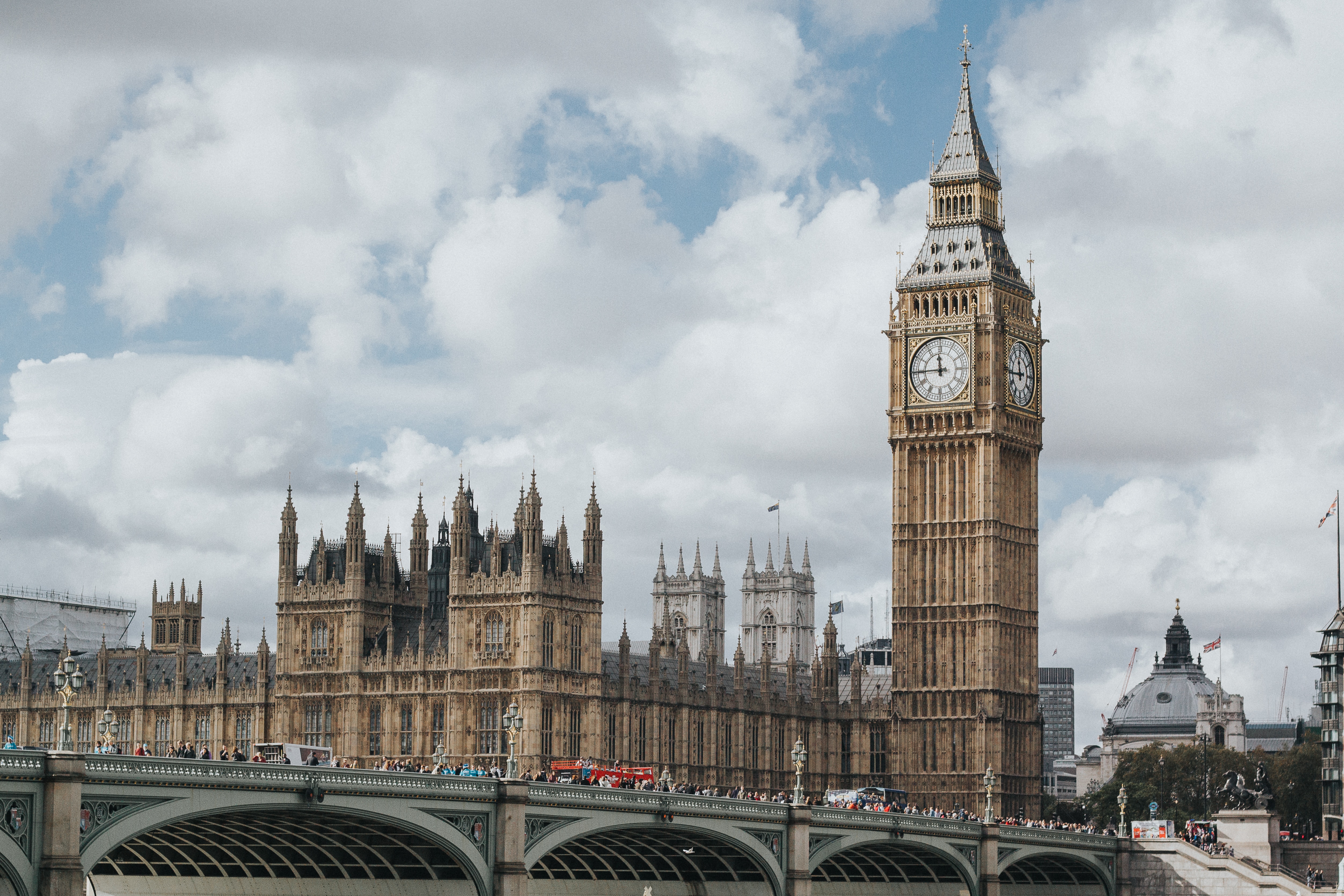
by Alex Dunnagan | Feb 4, 2020
An adjournment debate on Netflix’s tax affairs was held in the House of Commons last night in response to research conducted by TaxWatch. Rt Hon Dame Margaret Hodge, Labour MP for Barking and chair of the All Party Parliamentary Group on Responsible Tax, called...

by George Turner | Jan 14, 2020
Online video streaming company Netflix streamed up to $430m of profit from their international operations into tax havens in 2018. “No Tax and Chill”, an analysis of the company’s accounts in the US, the Netherlands and UK shows the company is the latest in a...




